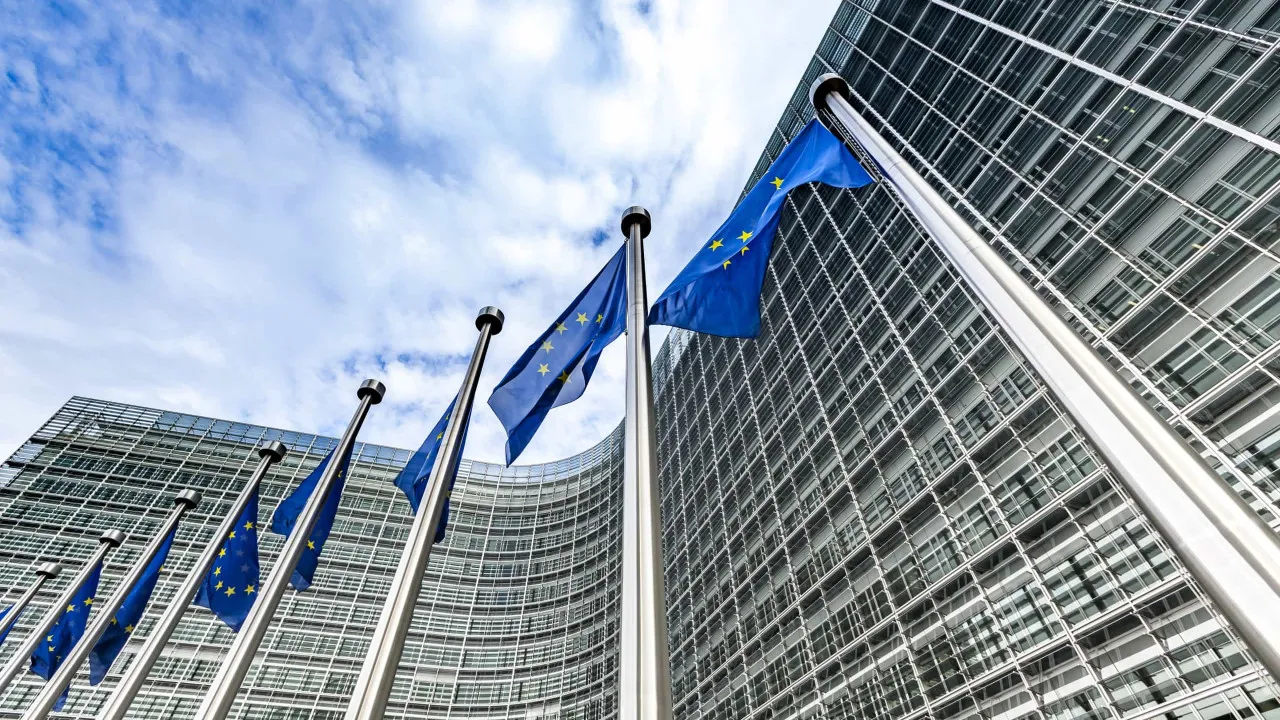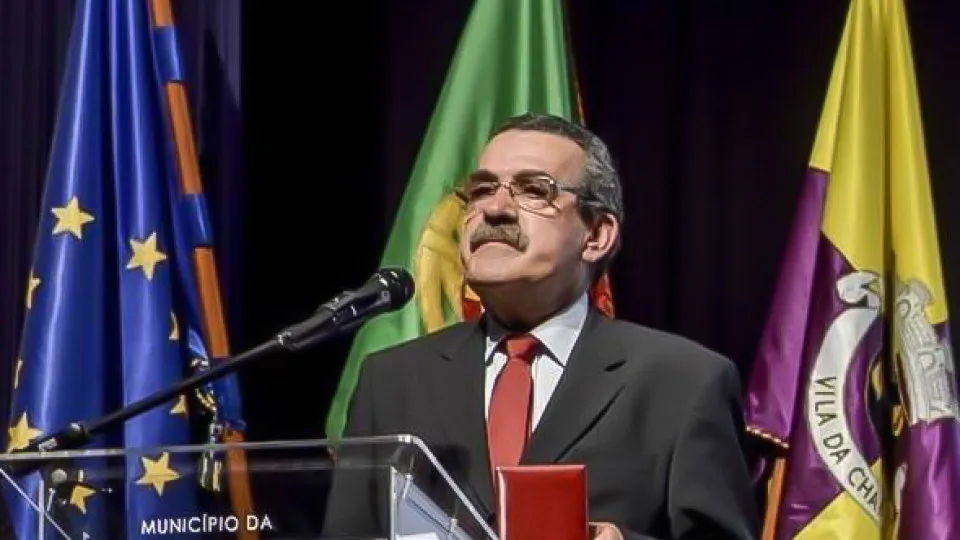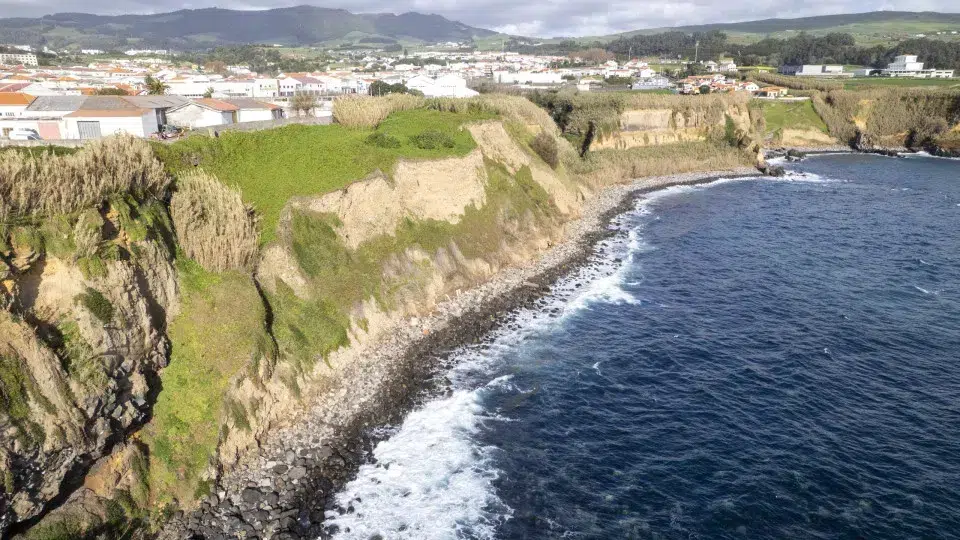
The European Commission has proposed a long-term EU budget of two trillion euros until 2034, surpassing the current framework’s 1.2 trillion euros, incorporating more national contributions along with three new taxes.
While still allocating significant funds for cohesion and agriculture, typically comprising about two-thirds of the Multiannual Financial Framework (MFF), the proposal for 2028-2034 includes the creation of 27 national and regional partnership plans. These plans aim to enable Member States and regions to propose crucial investments, reforms, and other specific interventions to better address future challenges, supported by EU funds.
“These plans will cover cohesion policy, social policy, common agricultural policy, maritime and fisheries policy, migration, border management, and internal security. They will be designed and implemented in close partnership between the Commission, Member States, regions, local communities, and stakeholders,” the institution stated in a release in Brussels.
Announcing the MFF proposal for 2028-2034, the European Commission highlights simplification as an advantage over the current framework, reducing approximately 540 programming documents to 27 national and regional partnership plans and one Interreg plan, with broad eligibility and a single set of rules.
There is an emphasis on national and regional challenges and strengthening alignment with EU priorities.
A “better value for money” approach is also proposed, with the Commission explaining that each financing tranche will be disbursed when the agreed objectives have been achieved.
“This is the strongest incentive to ensure that the EU budget delivers results. The funding will be disbursed in a way that ensures regions will not see their funding reduced when issues arise related to reforms for which they are not responsible,” it added.
Following several hours of negotiations among European commissioners, the first package of proposals on the next MFF 2028-2034 was presented in Brussels, totaling two trillion euros in authorizations (in current prices), based on national contributions (gross national income) of 1.26%.
In addition to these national contributions, the new own resources proposed by the European Commission include a special tax on tobacco consumption, a business resource for Europe, and taxes on electronic waste and e-commerce.
Together, these new own resources and other elements of the own resources package are expected to generate approximately 58.5 billion euros per year (at current prices).
The current long-term EU budget (2021-2027) stands at 1.21 trillion euros, including approximately 800 billion euros at current prices from the Recovery and Resilience Facility, which funds the RRPs, involving national contributions of 1.1%.
Regarding climate, the “green transition is at the heart of the next EU budget,” assured the European Commission, proposing a specific 35% objective for climate and environment aimed at climate change mitigation and adaptation.
With respect to the rule of law, when Member States like Hungary have EU funds suspended for disrespecting fundamental EU values, it is foreseen that national and regional partnership plans will include additional safeguards, alongside the existing general conditionality regime for protecting the European budget.




